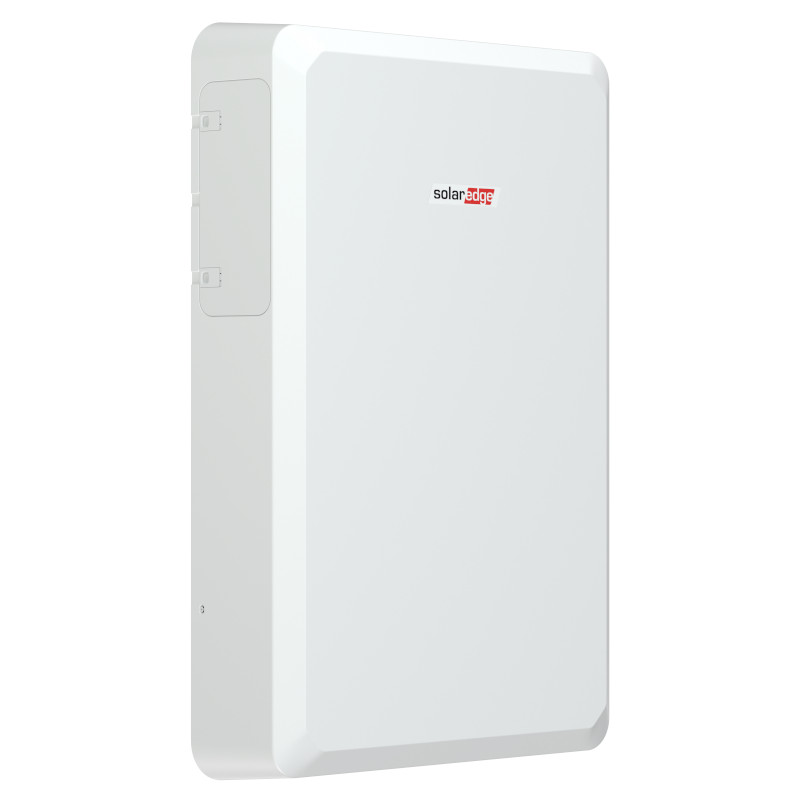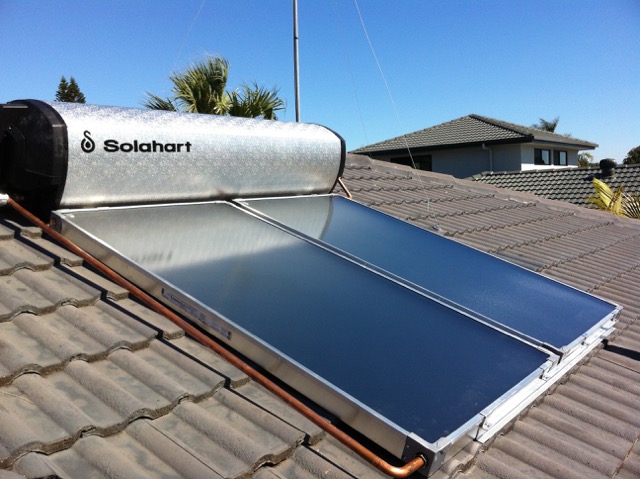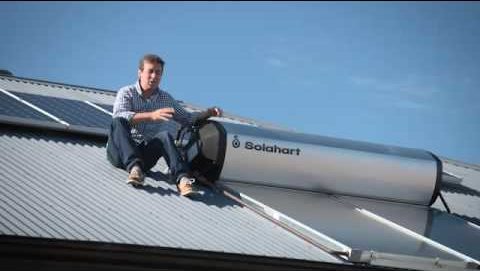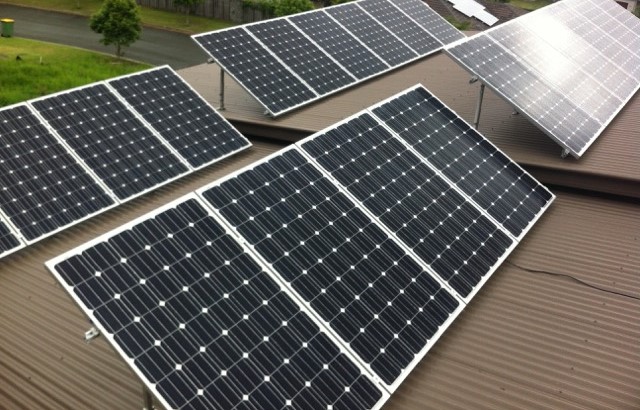Solar power has become an increasingly popular option for homeowners all over the world.
Over the last decade, solar energy has become more affordable and efficient, making it extremely cost-effective to install solar panels on your roof today.
Despite that, solar power still has a long way to go.
The technology is still being improved, so solar panels will likely become even more efficient and affordable in the future.
There are many reasons to go solar, but one of the most common concerns people have when switching to solar power is whether or not a standard home solar system would be enough to power their household and how much it would cost them to do so.
Whether you’re looking to make the change into solar power or just looking for ways to make your current system more efficient, we’ve got you covered.
This article will go through the process of identifying how many solar panels you will need to power your home.
Determine Your Average Electricity Usage
The first step in determining how many solar panels you need is to figure out exactly how much electricity your home uses.
This can be done by looking at the electric bill of a recent month and finding your household’s electricity usage in kilowatt-hours (kWh).
“Electricity usage is the total amount of energy and electricity consumed by your home for a given period of time.”
This includes all appliances, lights, air-conditioning, and any other item that draws in power through electrical connections in your home.
Your home’s average electricity usage is important for determining the number of solar panels you will need to power your home because it will help you get a better idea of how much electricity your solar panels need to generate to be able to meet all of your energy needs.
Once you have determined what your home’s electricity usage is, it’s important to make sure that the figure represents an average amount over the course of one month and not just on a single day or even during peak hours, like when everyone has their air-conditioning blasting at full force.
A good way of ensuring you’re getting the correct numbers would be by averaging out your electricity usage across several months if possible.
Determine the Power Output of Your Preferred Solar Panel
Once you have determined an estimate for the number of kWh your household consumes per month, it’s time to move on to the next step, which is to determine the power rating of your preferred solar panel.
Power output refers to how much electricity a given device, such as a solar panel, can generate at maximum capacity. This value is measured in watts (W).
To find out the power rating of your preferred solar panel, you can check the product specifications of your solar panels or ask your manufacturer directly.
Luckily for some people, many manufacturers and retailers supply this information on their websites or through product manuals so that consumers can be sure they are getting exactly what they need and what they expect from a given solar panel.

Talk to Your Solar Power Provider
The last and final step in this process is to talk with your solar power provider.
They can help you determine exactly how much it would cost for them to install the necessary number of panels on your roof that will be able to generate enough electricity for all of your home’s needs throughout the year.
Thankfully, most solar power providers today will go through the trouble of determining the most efficient and affordable setup for your home solar system depending on your energy needs, location, and budget.
Your solar power provider will install your solar panels and the necessary systems and peripherals according to your home’s specific needs and layout.
They will determine the exact number and placement of your solar panels as well as any other necessary components.
It is important to work with a solar power provider that you can trust and who has been around for some time to ensure they will do their best to meet your needs.
Final Thoughts
Every home has different energy needs, and there are even more external variables that play a part in determining the number of solar panels you will need for your home, such as location, roof type, home layout, and budget, among other things.
Not only are there different factors to consider, but each solar panel can have a drastically different power output.
All of these things should be taken into account when determining how many solar panels will be necessary for your home.
It is always best to get an estimate from your solar power provider first before proceeding with any other plans you might have.
The answer to how many solar panels you will need for your home will ultimately depend on your specific situation.
It may seem challenging to answer this question, but knowing the most important things to consider should help you determine what your home exactly needs.





